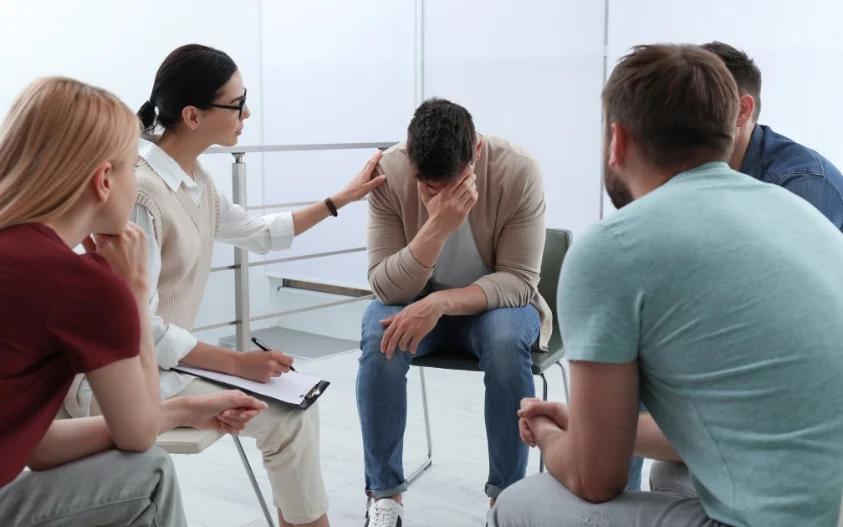has become an essential component of mental health care in the region, addressing the complex needs of individuals grappling with post-traumatic stress disorder (PTSD). These specialized rehab centers focus on providing comprehensive therapeutic solutions tailored to help clients manage and overcome the debilitating effects of PTSD. The treatment approaches typically include a blend of evidence-based therapies such as Cognitive Behavioral Therapy (CBT), Eye Movement Desensitization and Reprocessing (EMDR), and exposure therapy, which are designed to assist individuals in processing traumatic memories, reducing anxiety, and adjusting cognitive distortions related to their experiences. Historically, the emergence of PTSD treatment rehab centers in Washakie reflects broader societal recognition of mental health issues stemming from trauma, such as military combat, abuse, or tragic accidents. As public awareness has grown, so too has the effectiveness of these centers in helping individuals reclaim their lives, restore their well-being, and ultimately thrive. By providing accessible and compassionate care, PTSD Treatment rehab centers in Washakie play a pivotal role in not only healing individuals but also promoting healthier communities. This nurturing environment is crucial, as it fosters a sense of trust and safety, enabling individuals to engage fully in their recovery process.
Learn more about PTSD Treatment centers in Washakie County


































